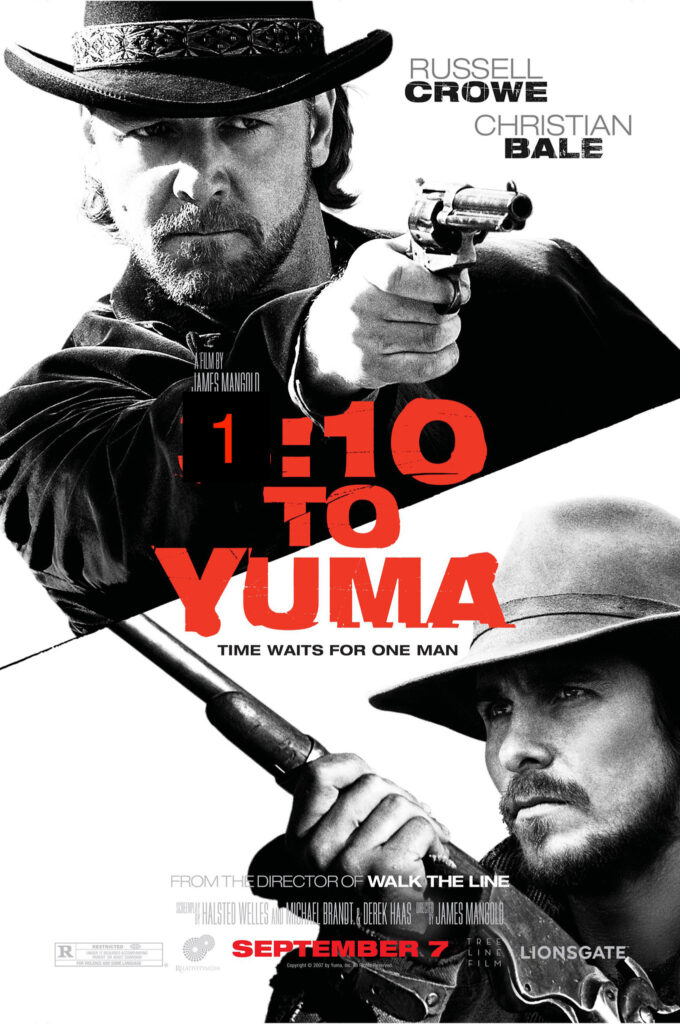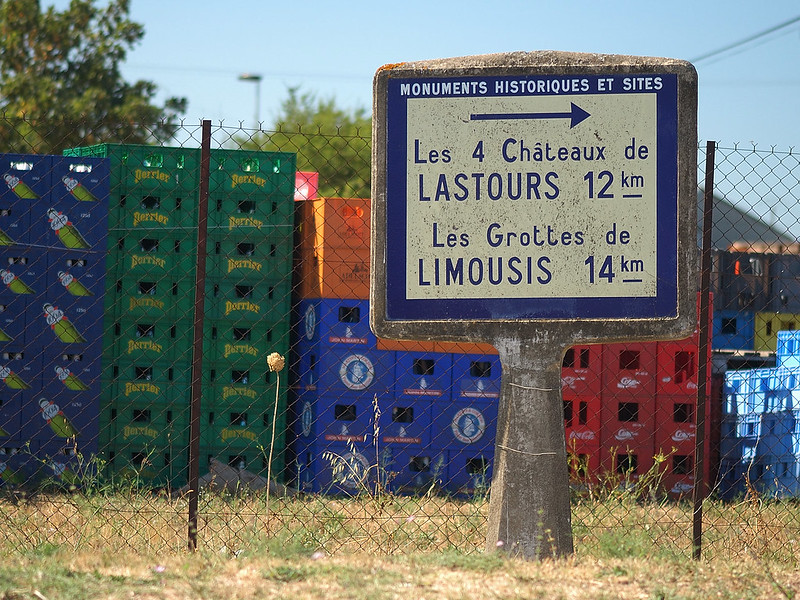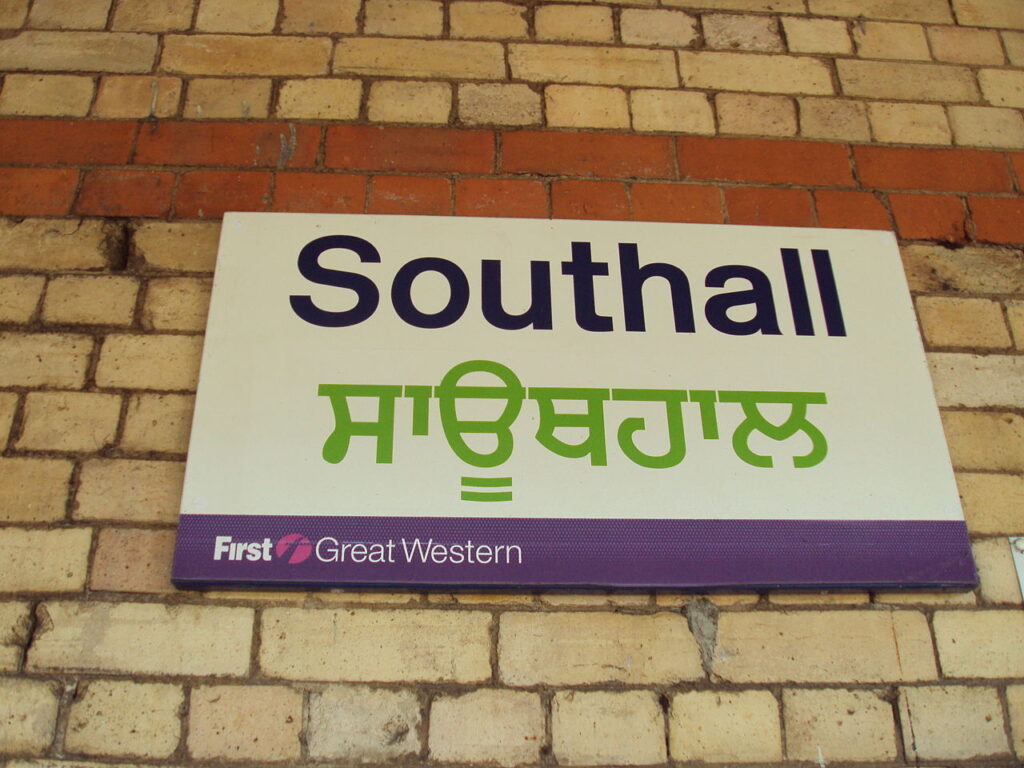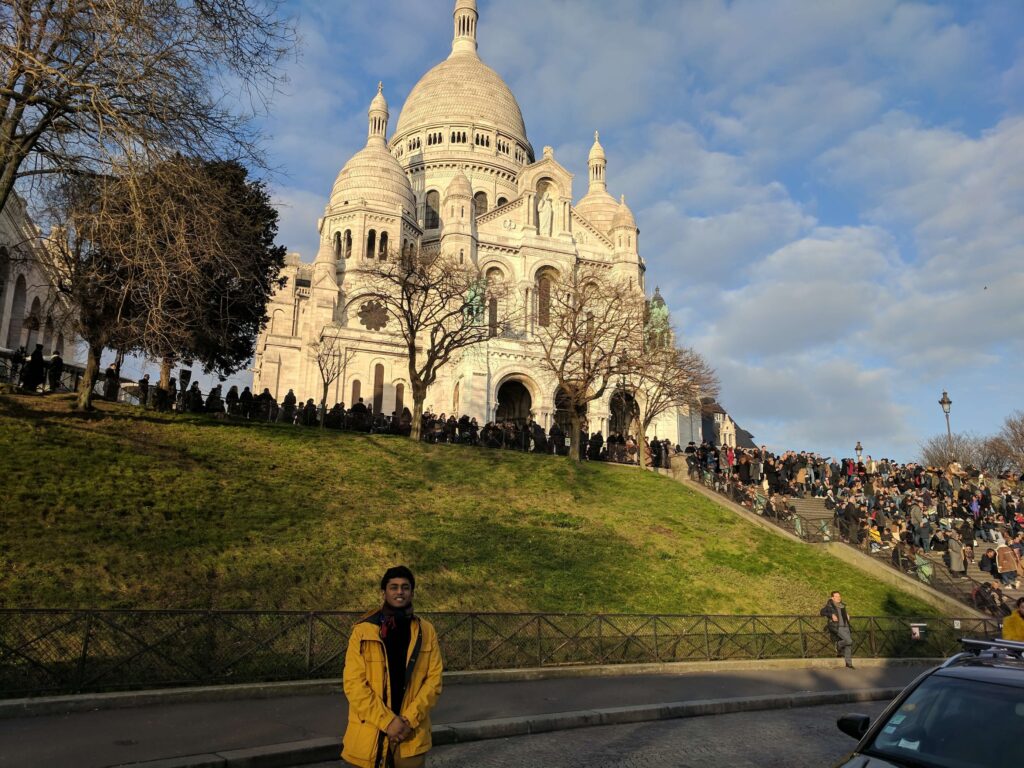Here are some skills I want to learn in 2023, based on the informational interviews I’ve done so far. I’ve also included resources for each of them.
SQL
What it is: programming language used to query data from relational databases
You should learn it if: you want a role that deals with data (business analyst, data analyst), or a role in which data-driven decision making is important (product analyst, strategy/operations, many consulting roles)
How to learn it: The Mode SQL tutorial came highly recommended by someone who works in data analysis.
Full-stack development
What it is: Full stack development refers to the skills needed to build modern web apps.
How to learn it: A free resource is https://fullstackopen.com/en/.
GIS
GIS refers to geographic information systems, a tool used in urban planning and environmental roles to work with spatial data.
The contacts I spoke to in the urban planning world made it seem like GIS is a good way to get an entry level role in the field, which you can use to advance within ~1-2 years.
The industry standard GIS tool is ArcGIS, but its windows only and is paid. There’s an open-source alternative (QGIS), and their tutorial is a good way to get started.



